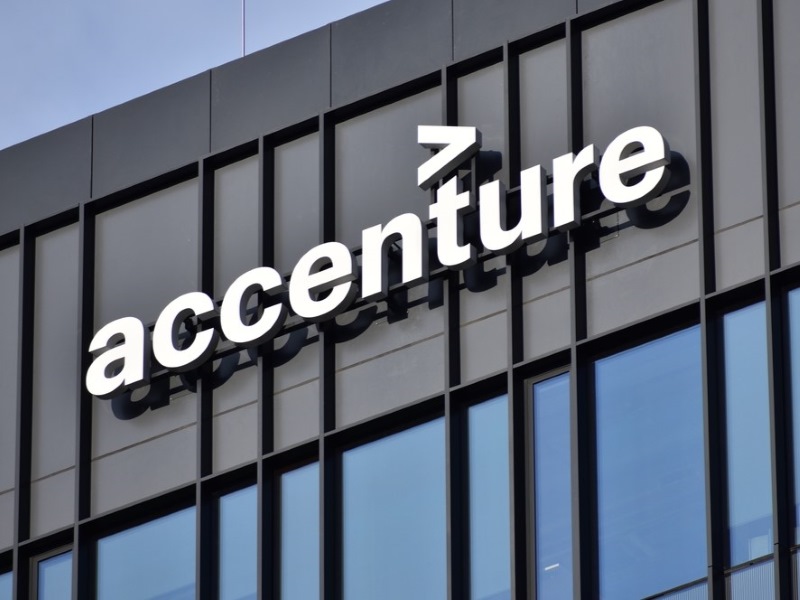One of government’s biggest technology service sellers has ditched diversity policies in the shadow of the Trump administration, raising questions about how it can remain a responsible supplier.
Accenture, which has inked nearly 1,000 federal contracts in Australia worth more than $7 billion, this month announced it is ditching gender quotas and other diversity, equity and inclusion (DEI) initiatives.
The move was reportedly made to appease the Trump administration and ensure it did not lose out on work from the president’s order preventing US agencies from engaging suppliers with active DEI policies.
Australia is heading in the other direction, with parliament currently weighing new laws that would require large companies to set and meet gender equality targets to remain eligible for federal contracts.

Accenture’s memo to Australian staff said the changes apply globally “subject, as always, to local laws and tailored to the needs of our local markets”.
When quizzed about Accenture’s moves, ASIC chair Joe Longo said the corporate regulator is concerned about the governance impact of a wider corporate retreat on diversity. But scrapping DEI isn’t necessarily breaking corporate law.
“I don’t think you could say ‘the Corporations Act requires diversity in the boardroom’. I don’t think you could put it as bluntly as that. I think it’s more likely to be more subtle,” Mr Longo said at Senate Estimates on Thursday.
Consequences will arise elsewhere, according to Mr Longo, who foresees the entities running up against policies like government procurement.
“The Commonwealth — I’m speaking hypothetically — won’t want to do business with an entity that doesn’t subscribe to these [DEI] values and principles. I can see that way of enforcing, if I can use that word, this approach,” he said.
In Accenture’s case, it could be especially effective. The Irish domiciled multinational has signed almost $28 million in federal contracts already in 2025 and last year secured its biggest ever, a $289 million contract to uplift aged care technology.
Greens Senator Barbara Pocock says Accenture’s move to stay “sweet” with President Trump could distort a market of government suppliers.
“If a bunch of contractors and consultants are attending carefully to their DEI obligations, which they consider an ethical baseline for themselves as enterprises, and Accenture walks away, it creates a really significant difference in that playing field? Does it not?” she asked Department of Finance officials this week.
Officials said the tech services giant will continue to be bound by Australian law and expected to demonstrate it is supporting diversity, but its actions are not being actively monitored.
“It’s the sort of thing we will certainly look at closely in the context of procurement decisions,” Department of Finance deputy secretary Richard Windeyer said.
A new federal supplier code of conduct means Accenture and others are “encouraged to look for opportunities to improve gender equality in the workplace and support a diverse and inclusive workforce” among several other ethical considerations.
Longstanding Commonwealth Procurement Rules also oblige government buyers to consider suppliers’ ethical behaviour and integrity, as well as broader benefits to the Australian economy of the work.
But it is a bill currently before the Senate that could set much clearer and more enforceable DEI requirements on suppliers.
If passed, it will require to employers with 500 or more employees to select and meet gender equality targets and report on their progress to the Workplace Gender Equality Agency.
Failure to comply could see the company named and shamed and made ineligible for federal government work.
The bill has passed the House of Representatives and was read a second time in the Senate this month.
Mr Longo said Australia’s progress on inclusion does not hinge on any one policy and is embedded in national institutions and law.
“We have a particular culture, a way of doing things in Australia, and I think we should all be proud of that… Entities will have to take responsibility for what they say about their practices and approach to this topic. We’re all going to be interested to see what happens in the next six to 12 months to see what walking back there is from this topic.”
Do you know more? Contact James Riley via Email.

